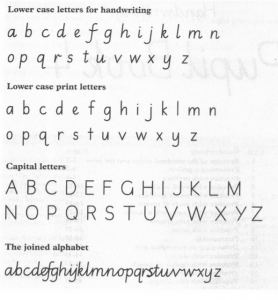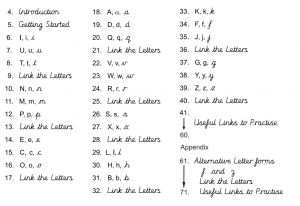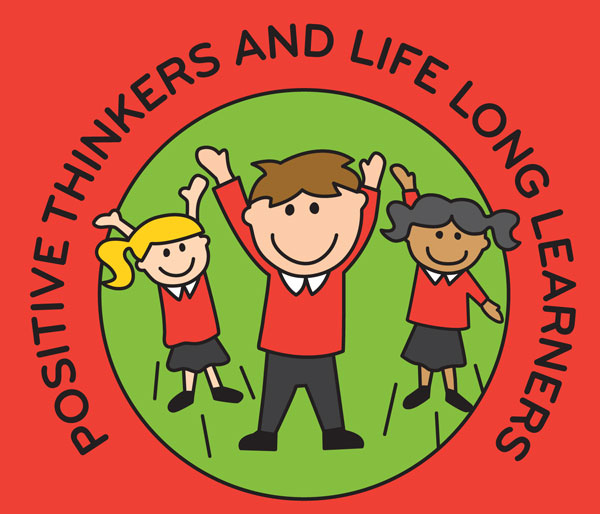Becoming a Writer at BFPA
Intent
At Braunstone Frith Primary Academy, we aim to help our children develop into articulate and confident communicators, who are well-equipped with the basic skills they need to become life-long learners; English learning is key in this. We aim to ensure all of our children develop a genuine love of language and the written word, through a text-based approach. Children also enjoy learning through the contexts of carefully chosen novels that they will find particularly interesting or be able to relate to in some way. Developing skills through the novel approach provides children with the opportunity to read a broader range of texts and to make links between them. New vocabulary is explored and key questions are asked to develop understanding of story plots and characters. Throughout these units children enjoy writing in a variety of styles that help them to respond to the text and explore it further. Children find these units of work inspiring both for their reading and writing which is wonderful to see.
Careful links are made across the curriculum to ensure that children’s English learning is relevant and meaningful: where possible linking our reading, writing and the topic that we are covering in our foundation subjects.
Implementation
We strive to teach a systematic approach to the teaching of writing that is thorough and progressive from FS to Year 6. It provides opportunities for children to develop handwriting, spelling and grammar. Through this approach children write in a range of genres for carefully selected authentic outcomes, cross curricular purposes whilst improving writing quality and stamina. Plazoom (https://www.plazoom.com), an online writing scheme will be used from Y1-Y6 to support the teaching and learning of writing.
Spelling and Grammar:
Spelling and grammar are an extremely important part of the primary curriculum. Grammar is taught daily and followed with an opportunity to apply their skills. This includes understanding a wide range of punctuation, knowing how to identify and write different types of sentences and understanding different types of words and how they are used. Phonics or spelling are also taught daily and cover the wide range of spelling rules expected by the end of KS1 and KS2. In Year 2 we follow the new Little Wandle spelling programme. This is designed to provide a seamless link from the phonics programme to teaching spelling in Year 2. Spellings Shed is used in Year 3 and above to support the teaching of spelling.
Handwriting:
Writing is an integral part of clear communication. Handwriting is taught to ensure children form letters correctly. Well formed letters and a fluid script supports spelling success and improved writing content.
In KS1 and Years 3 and 4 children will be taught handwriting using the Nelson handwriting scheme. Children in Years 5 and 6 will continue to use the Handwriting Rescue Scheme.
Children in FS and KS1 use specialist yellow, lined handwriting paper. This is also available for children in KS2 who are identified as requiring this for support in their developing and improving handwriting.


Impact
By the time children leave our school they will:
- Make good progress
- Be confident to write for a range of different purpose
- Have a love for writing and write for enjoyment
- Be able to produce written work in all areas of the curriculum to a high standard

